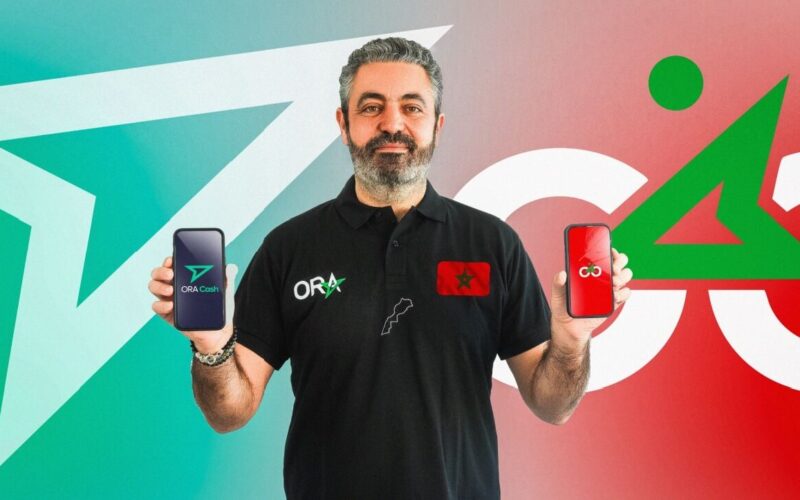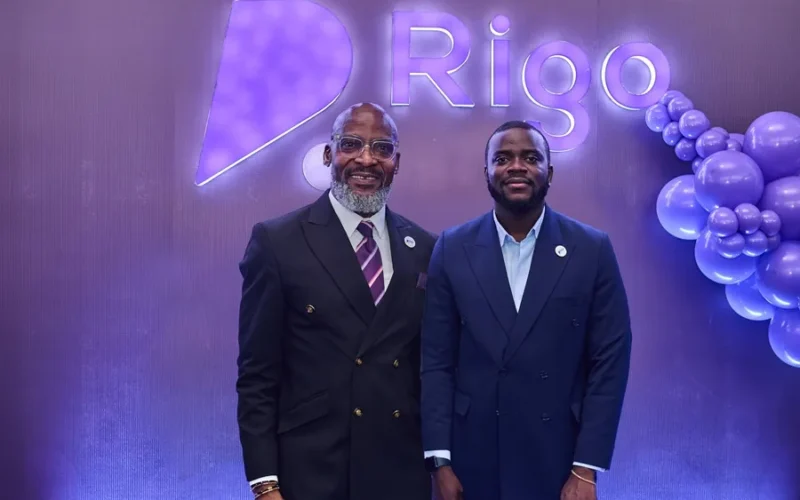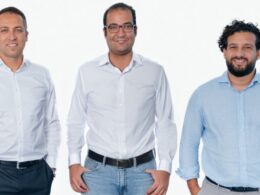Morocco-based superapp ORA Technologies has closed a $7.5 million Series A round to expand its last-mile delivery network and strengthen its digital cash collection infrastructure, as the startup looks to capitalize on North Africa’s massive shift toward digital services.
The Casablanca-headquartered company, founded just two years ago by Omar Alami, has built a comprehensive platform combining peer-to-peer payments, e-commerce, on-demand services, messaging, and social networking features—positioning itself as Morocco’s answer to Southeast Asian superapps like Grab and Gojek.
Rapid traction in Morocco’s digital economy
ORA’s growth metrics suggest the company has found product-market fit in Morocco’s evolving digital landscape. The startup’s food delivery service, Kooul, has attracted over 15,000 active users in just 10 months, while its universal mobile wallet ORA Cash has amassed more than 50,000 accounts in five months.
Perhaps more significantly, ORA Cash is being adopted by delivery riders to digitize Morocco’s substantial cash-on-delivery market—a critical infrastructure play that could unlock broader financial inclusion across the kingdom.
“Morocco still operates on a largely cash-based economy, especially in commerce and delivery,” Alami told TechCrunch. “We’re seeing riders and merchants embrace digital payments through our platform because it solves real friction points around cash handling and reconciliation.”
The Series A round was led by Azur Innovation Fund and included three strategic local investors. Combined with ORA’s $1.9 million pre-Series A round from March, the company has now raised $11.9 million entirely from Moroccan sources since launching in January 2023.
Betting big on local funding
ORA’s funding strategy represents a notable departure from the typical African startup playbook, which often relies heavily on international venture capital. By securing significant local investment, the company is demonstrating the maturation of Morocco’s domestic venture ecosystem.
“This landmark achievement shows a strong commitment from local investors to the local startup ecosystem, and we are proud and honored about it,” Alami said. “It proves that local funding alternatives exist for later stages and encourages Moroccan founders to raise more money locally to scale up.”
The approach may offer strategic advantages beyond just capital. Local investors bring deeper market knowledge, regulatory relationships, and customer insights that could prove crucial as ORA expands across Morocco and potentially into neighboring markets.
Expanding the superapp model in MENA
ORA enters a competitive but fragmented North African digital services market. While companies like Egypt’s Fawry and Tunisia’s Kaoun have built successful payment platforms, few players have attempted the comprehensive superapp approach that has proven successful in Asia.
The company’s integrated model tackles several pain points simultaneously: Morocco’s limited digital payment infrastructure, fragmented e-commerce landscape, and growing demand for on-demand services among the country’s 37 million people.
“We will use the proceeds to accelerate our last mile business and strengthen our digital cash collection capabilities,” Alami explained. “ORA is a good example of a 100 percent ‘Made in Morocco’ journey, and is ready to explore local and international growth opportunities.”
Digitizing cash-on-delivery at scale
One of ORA’s most strategic moves may be its focus on digitizing cash-on-delivery transactions. In Morocco, as across much of Africa and MENA, cash-on-delivery remains the dominant payment method for online purchases due to limited credit card penetration and trust issues with digital payments.
By providing delivery riders with digital wallets and payment processing tools, ORA can capture transaction data, reduce cash handling costs, and create new revenue streams through payment processing fees. This approach has proven successful for companies like Nigeria’s Korapay and Egypt’s Paymob.
The strategy also positions ORA as critical infrastructure for Morocco’s growing e-commerce sector, which has seen accelerated adoption since the COVID-19 pandemic.
Regional expansion on the horizon
While ORA remains focused on dominating the Moroccan market, the company’s funding and technology infrastructure position it for potential regional expansion. Morocco’s strategic location as a gateway between Africa and Europe, combined with strong trade relationships across francophone West Africa, creates natural expansion corridors.
The MENA region’s superapp opportunity remains largely untapped compared to Asia, where companies like Grab (valued at $40 billion) and Gojek have achieved massive scale. As smartphone penetration and internet connectivity continue improving across North Africa, ORA’s integrated approach could find receptive markets beyond Morocco.
Market timing and competitive dynamics
ORA’s rapid growth coincides with Morocco’s broader digital transformation push. The kingdom has invested heavily in digital infrastructure, fintech regulation, and startup ecosystem development as part of its “Digital Morocco 2030” strategy.
This supportive environment, combined with a young, increasingly connected population, creates favorable conditions for digital service adoption. Morocco’s 82% mobile penetration rate and growing smartphone adoption provide the foundation for superapp-style services.
The company will need to navigate competition from both local players and international expansion efforts from established regional fintech companies. However, its early traction and local funding advantage suggest ORA is well-positioned to capture Morocco’s digital services opportunity as it matures.












